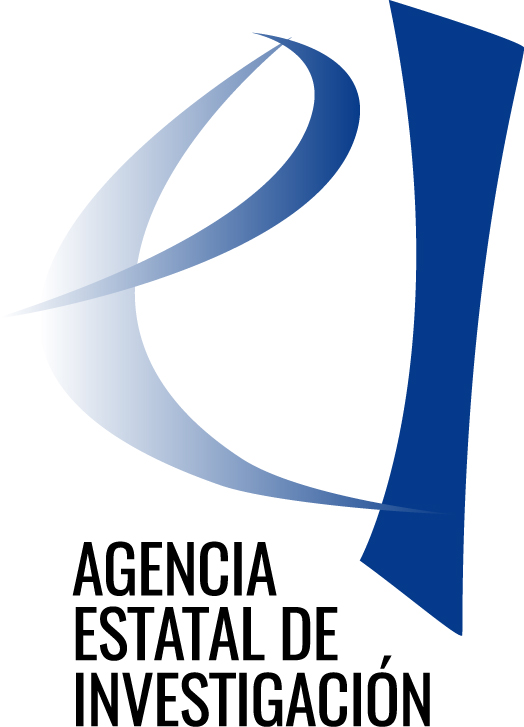 Basics of Biostatistics 2024
Basics of Biostatistics 2024

Basics of Biostatistics 2024
Basics of Biostatistics - Statistical Empowerment: Take the Best Advantage of Your Data and Research
The course will give an overview of important concepts and methods used to analyse “Biomedical data”. The primary focus will be on developing a profound understanding of statistical concepts and their application within a research framework. Starting with a broad introduction to probability theory and statistical inference, the course will delve into specific statistical methods crucial for analysing biomedical data. Real-world examples will be used to illustrate these methods, enhancing practical comprehension. The course will be composed of face-to-face theoretical lectures combined with practical sessions and additional short homework assignments.
Topics that are going to be addressed:
- Introduction. Descriptive statistics. Sampling distribution. Confidence intervals
- Hypothesis testing. The t-test
- Hands on sessions 1-2
- Analysis of variance. One-way ANOVA
- ANOVA. Multiple comparison procedures. Two-way ANOVA
- Hands on sessions 3-4
- Correlation and regression
- Multiple regression analysis. Partial correlation
- Hands on sessions 5-6
- Categorical data, Effect Size and a summary of inference methods
What NOT to expect:
While the mathematical framework of statistical tests will be introduced, this is not a course focused on the in-depth mathematical methods in statistics. The emphasis is on practical application rather than extensive theoretical mathematics.
The course will demonstrate data analysis using R, but it is not designed as a detailed tutorial on the R software itself. Limited time will be devoted to explaining the R software. Instead, the focus is on utilizing R as a tool for statistical analysis.
Omics data analysis, despite its importance, is not within the scope of this course. Participants should not expect coverage of omics-related statistical methodologies.
AGENDA:
1. Introduction. Descriptive statistics. Probability and distributions. Sampling distribution. Confidence intervals - Theory - 4th April (exceptionally 9:30-12:00h)
2. Hypothesis testing. The t-test - Theory - 11th April
3. Hands on sessions 1-2 - Practicum - 18th April
4. Analysis of variance. One-way ANOVA - Theory - 2nd May
5. ANOVA. Multiple comparison procedures. Two-way ANOVA - Theory - 9th May
6. Hands on sessions 3-4 - Practicum - 16th May
7. Correlation and regression - Theory - 23rd May
8. Multiple regression analysis. Partial correlation - Theory - 30th May
9. Hands on sessions 7-8 - Practicum - 6th June
10. Categorical data, effect Size and a summary of inference methods - Theory - 13th June
At the end of the course, the students will be able to:
- Express a scientific question in a mathematical formulation possible to analyse with statistical method.
- To be confident about sampling methods and their impact on the quality of the data.
- Think on the basis of experimental design: replication, randomization and stratification.
- Think about the appropriate statistical method given the data we have (dependent and/or independent variable, continuous or categorical variables).
- Have a deep understanding of the meaning and interpretation of a test statistic and how to construct own statistic given data.
- Have a correct understanding of key words in basic statistic: null hypothesis, alternative hypothesis, error type I, error type II, statistical power, observational study, experimental study, causation and correlation, sampling error, random error, systematic error, sampling distribution, p-value, statistical and practical significance, effect size, statistical power.
- Correct interpretation of the result of a statistical test and been aware of the limitations of the applied methods.
Instructor: Hafid Laayouni (UPF)
Duration: 10 sessions (total 20h)
Schedule:
4th, 11th, 18th April
2nd, 9th, 16th, 23rd, 30th May
6th & 13th June
Time: 10:00-12:00h, except first session that will be from 9:30-12:00h
Where: CRG Training Centre (PRBB Patio)
Requirements: Participants need to have basic R programing skills.
If you don't have it, you can do this course:
https://biocorecrg.github.io/CRG_RIntroduction_2021/
Maximum number of participants: 20
Application deadline: 10th March 2024
Application HERE
Training financiado por Ayuda:CEX2020-001049-S financiada por MCIN/ AEI / 10.13039/501100011033



